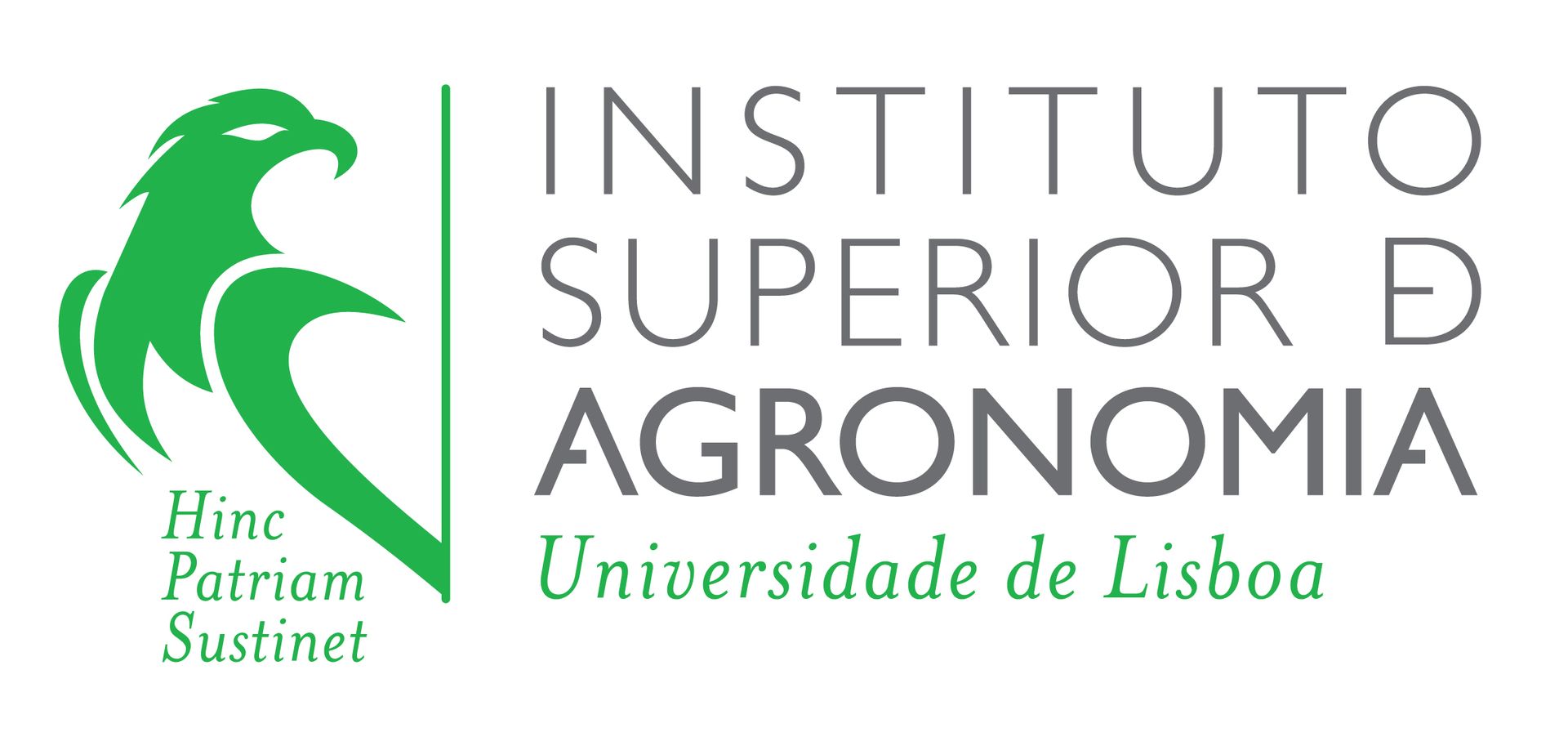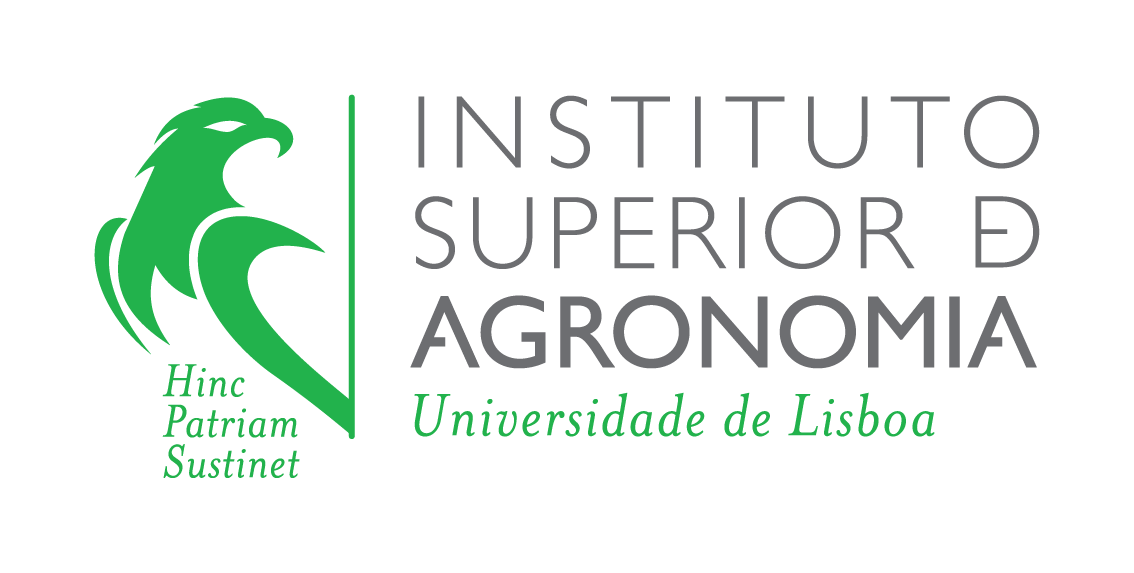Registration ends in:
The course provides a comprehensive and in-depth look at tree growth and forest productivity, and their response to global climate change. The methodology will be dendrochronology, an important tool for evaluating the ecological response of trees and forests to the increase in CO2, warming and climate variability with annual resolution. In recent years, several scientific publications have reported a consistent global response of trees: mortality increased with drought severity and there are no differences in the magnitude of the response between forest biomasses, or between angiosperms, gymnosperms or evergreen and deciduous tree species. However, it is also found that trees with denser wood and smaller specific leaf area have lower mortality rates. This is a clear example of the value of tree traits in understanding the patterns and mechanisms of drought-induced tree mortality. We can delve a little deeper into this result. Typically, as wood density increases, growth is reduced (e.g. ring thickness), so this result makes sense as there is a negative relationship between longevity and growth. At this point, other questions arise about the limits of the plasticity of tree traits in relation to climate change. For example, there must be a negative relationship between cell wall thickness and cell lumen, because the lumen cannot become very large without a proportional increase in wall thickness, otherwise the vascular system would collapse. Similarly, we can ask whether trees change the ratio of cellulose to lignin, since lignin has a negative effect on growth.
In summary, during this course we aim to formulate new hypotheses about the many questions that still need to be answered to determine the characteristics of trees that will survive climate change. The course includes theoretical sessions and is aimed at undergraduate students.
Bachelor's, Master's and PhD in Wood Chemistry and Wood Anatomy, Forest Ecology and Biology
forestry.
Goals
- Introduce dendrochronology tools to assess trees in response to climate change.
- Publicize the results of scientific research in this area.
- Reinforce understanding of the effect of various soil and climate factors on tree growth.
Recipients
Bachelor's, master's or doctoral students in courses taught in the areas of agricultural sciences, natural sciences and biological sciences.
Forestry and environmental professionals.
Requirements
Basic knowledge of botany, forest ecology, and dendrology.
Level B2 or higher in understanding the English language (oral and written)
Applications
Opening - September 1, 2024
Closing date - September 18, 2024
I Want to Apply!
I have ISA's Fénix Portal credentials*
I don't have an ISA account yet
*For those who already have an account, log in and apply through the "Candidate" tab
Coordination and Trainers
Coordinator: Ana Lourenço
Email: analourenco@isa.ulisboa.pt
Emilia Gutiérrez Merino (Guest)
Partner Entities: University of Barcelona
Information
-
Course TypeList item 1Specialization course
-
OperationIn person
-
DurationList item 28 hours of face-to-face contact (no assessment)
-
Start DateList item 3September 23, 2024
-
End DateList item 4September 26, 2024
-
RegimeAfter-work
-
Time23-26 September 2024 Time: 5:00 pm – 7:00 pm (2 hours / class)
-
CreditsNot applicable
-
AssessmentNot applicable
-
Vacancies15
-
PriceFree






